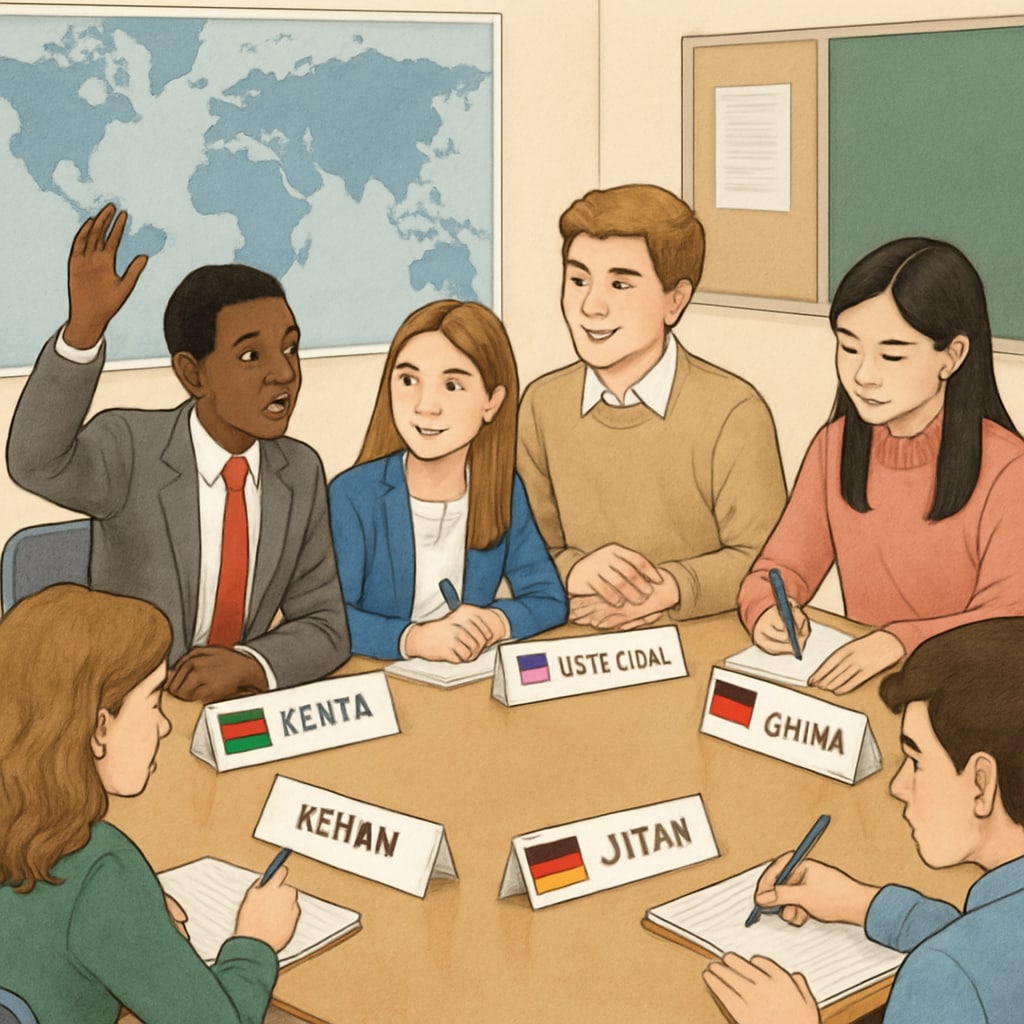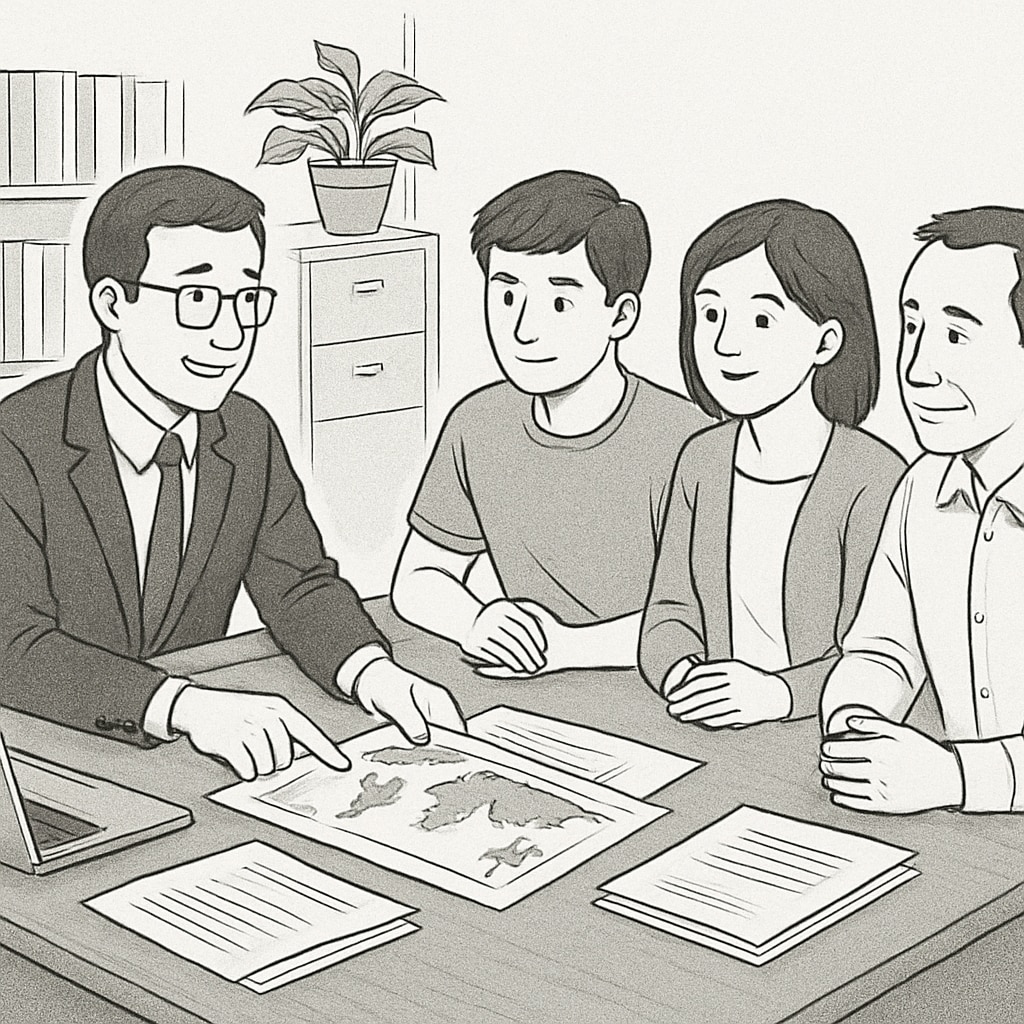In today’s interconnected world, preparing children for future opportunities requires a well-rounded education that emphasizes both academic and international competencies. For families considering U.S. master’s programs, early preparation during the K12 years can significantly enhance a child’s competitiveness. From developing global perspectives to selecting the right study abroad consultants, this article explores actionable steps to help parents lay the foundation for their child’s success in pursuing advanced degrees abroad.
Why Start Early? The Role of K12 Education in Global Readiness
Building international competitiveness begins long before college applications. The K12 education stage is crucial for nurturing the skills and mindset necessary for thriving in a global environment. Cultivating foreign language proficiency, critical thinking, and cultural awareness are key factors that set students apart when applying for U.S. master’s programs. For example, students who engage in Model United Nations or international exchange programs often develop a deeper understanding of world issues, which admissions committees value.
Moreover, academic rigor during K12 years lays a strong foundation for higher education. Encouraging children to pursue advanced coursework, such as AP (Advanced Placement) or IB (International Baccalaureate) programs, signals their readiness for the challenging curriculum of American universities. These programs not only prepare students academically but also offer them opportunities to earn college credits, which can be advantageous during the admissions process.

Choosing the Right Resources: The Role of Study Abroad Consultants
As the demand for international education grows, selecting the right resources becomes essential. Study abroad consultants, particularly those specializing in U.S. master’s programs, play a pivotal role in guiding families through the complex application process. These professionals assist with tasks such as school selection, essay editing, and interview preparation. However, not all consultants are created equal, and parents should evaluate their options carefully.
When choosing a consultant, consider the following factors:
- Experience: Look for consultants with a proven track record of successfully placing students in top U.S. universities.
- Transparency: Ensure they provide clear information about their services, fees, and expected outcomes.
- Personalization: The best consultants tailor their advice to the unique strengths and goals of each student.
For example, organizations like the National Association for College Admission Counseling (NACAC) provide valuable resources for identifying reputable consultants. Additionally, platforms like the Educational Testing Service (ETS) offer insights into standardized testing requirements, such as the GRE or TOEFL, which are commonly required for U.S. master’s programs.

Practical Tips for Parents: Balancing Aspirations with Realistic Goals
While aiming for a U.S. master’s program is an exciting goal, it’s essential to maintain a balanced and realistic approach. Here are some strategies for parents:
- Encourage Exploration: Allow children to explore diverse interests and extracurricular activities. Exposure to various fields can help them identify their passions.
- Focus on Holistic Development: Academic success is important, but so are soft skills like leadership, communication, and adaptability.
- Stay Informed: Keep up with trends in international education, including changes in visa policies, university requirements, and global job markets.
Lastly, remember that every child’s journey is unique. Some may require additional time to discover their path, and that’s perfectly okay. The ultimate goal is to equip them with the tools they need to thrive, whether domestically or internationally.
The Long-Term Impact of Early Preparation
Investing in K12 education with an international focus has far-reaching benefits. Beyond improving the chances of admission to a U.S. master’s program, this approach fosters lifelong skills that are invaluable in today’s workforce. Global awareness, adaptability, and a strong academic foundation are qualities that employers across industries seek.
By starting early and leveraging the right resources, parents can empower their children to navigate the complexities of higher education and build fulfilling careers. Whether through rigorous academic programs, cultural exchanges, or professional guidance, the journey to studying abroad becomes more accessible and rewarding with thoughtful planning.
In conclusion, preparing for U.S. master’s programs involves more than just academics; it requires a holistic approach that begins in the K12 years. By fostering global competitiveness and choosing the right study abroad consultants, families can create opportunities for success that extend far beyond the classroom.
Readability guidance: This article emphasizes short paragraphs, clear subheadings, and actionable tips to ensure accessibility for a broad audience. It avoids jargon and maintains a balance between academic and practical advice.


